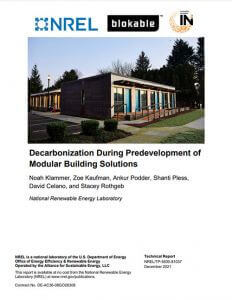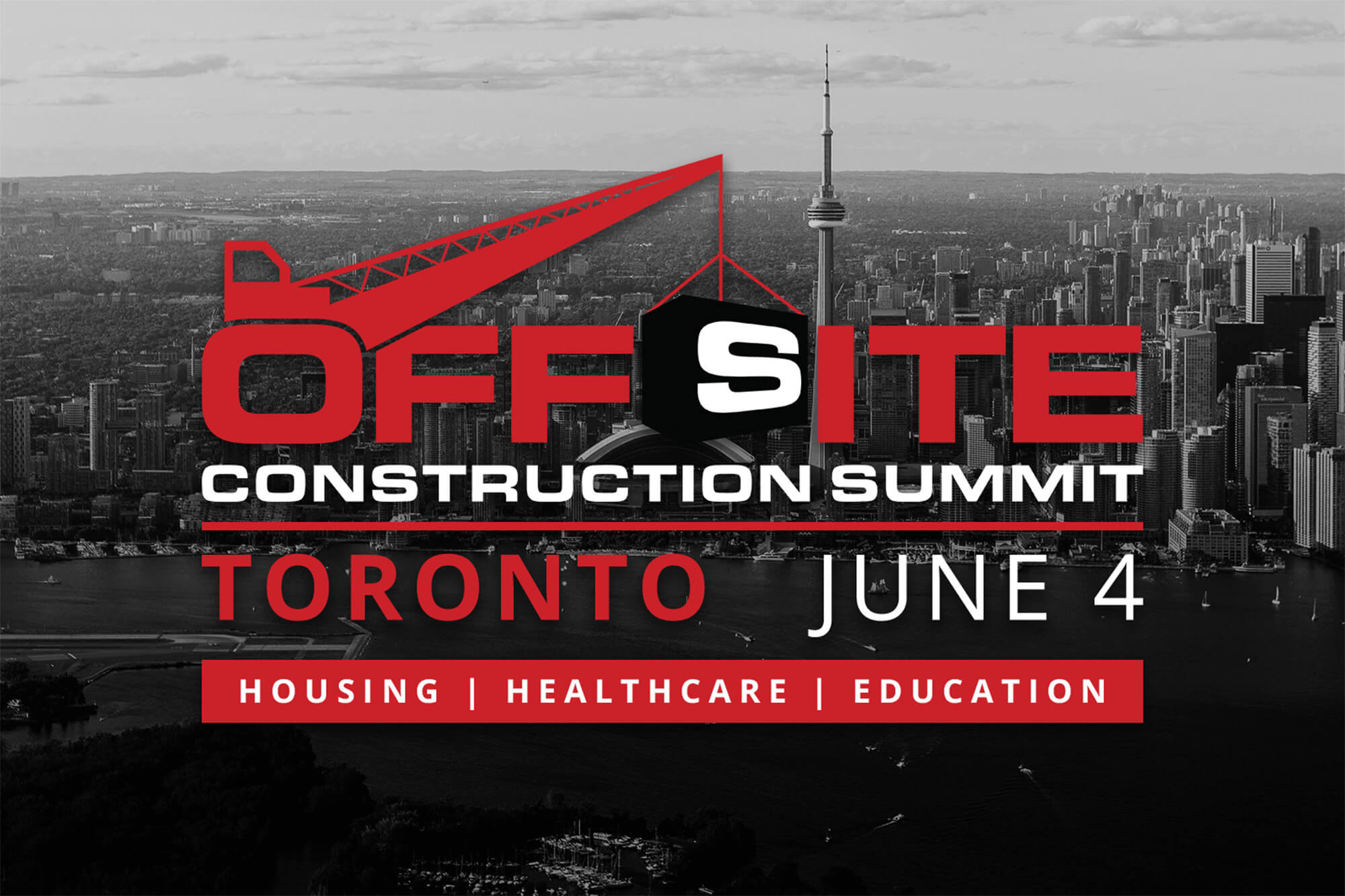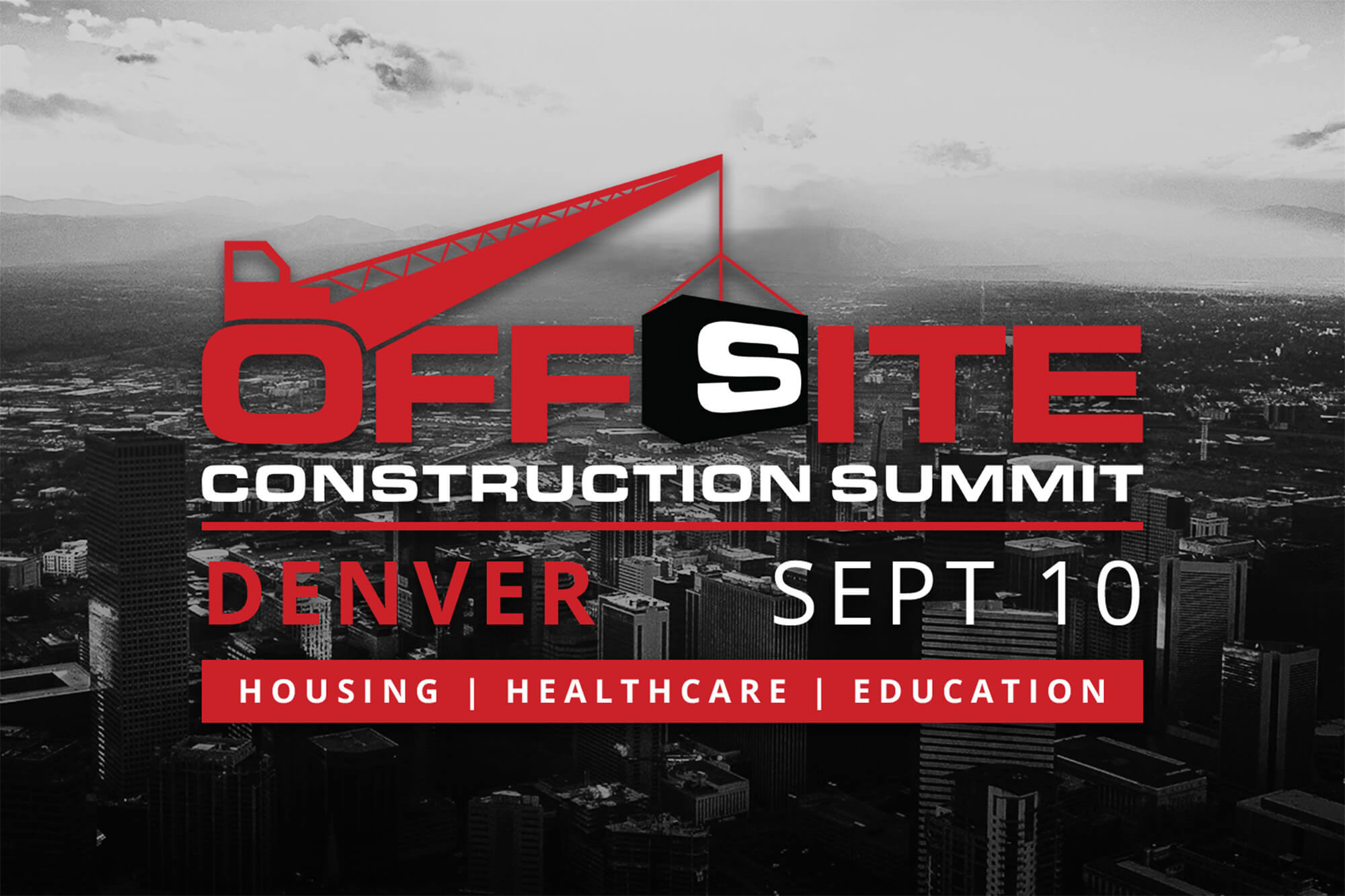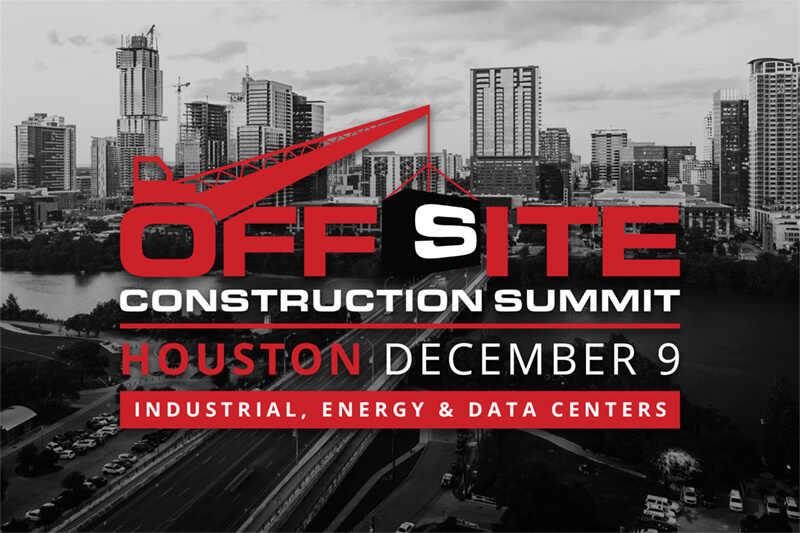Decarbonization During Predevelopment of Modular Building Solutions
National Renewable Energy Laboratory (NREL)
The multifamily construction industry is crucial in achieving the goal of affordable, zero carbon emissions housing in the United States. With building construction and operation contributing to 37% of global carbon emissions, and a shortage of housing units in the US requiring the construction of an additional 3.8 million units, there is a clear need for action. Net zero energy (NZE) has been established as a target for high-performance building, and industrialized construction is one approach to efficiently achieve affordable NZE housing.
However, the full potential of affordable NZE housing has yet to be reached due to the higher cost of NZE strategies compared to traditional affordable housing projects. This is where the multifamily construction industry has an important role to play. To overcome this challenge, a new report outlines pathways for the industry to reduce NZE costs and achieve significant reductions in GHG emissions by 2030 through advanced building construction and industrialized construction.
Report Summary
The primary audience for this methodology are productized modular builders who are interested in reducing NZE costs and GHG emissions. The case study is analyzed over the years 2016-2030, with the goal of producing 10,000 dwelling units annually by 2030. The framework introduces three phases for modular builders to follow to achieve high-performance projects: Pre-Build Product Development Phase, Industrialized Construction Phase, and Advanced Manufacturing Phase.
In the Pre-Build Product Development Phase, the focus is on the development of productized solutions for high-performance building. In the Industrialized Construction Phase, the focus is on the efficient production of dwelling units. In the Advanced Manufacturing Phase, the focus is on continuously improving the production process to achieve economies of scale.
By following this development roadmap, modular builders can position themselves to achieve significant reductions in both NZE incremental costs and GHG emissions from their dwelling units. This not only benefits the environment but also provides financial benefits to builders and investors. Furthermore, the framework encourages labor learning and increased productivity, which can help improve the quality of life for workers in the construction industry.
In conclusion, the multifamily construction industry has an essential role in achieving the goal of affordable, zero carbon emissions housing in the United States. Through the use of advanced building construction and industrialized construction, the industry has the potential to reduce NZE costs and GHG emissions, while also improving the quality of life for workers. The framework outlined in the report provides a roadmap for productized modular builders to follow in order to achieve these goals.
Upcoming 2026 Offsite Construction Network Events
Join the leading companies and professionals from across the offsite construction industry at each of this year's Offsite Construction Network events. With summits and expos taking place across North America in 2026, it's never been easier to connect with and learn from offsite construction manufacturers, designers, builders, and suppliers from the United States and Canada.
Subscribe today to get the latest updates on future events from the Offsite Construction Network.
